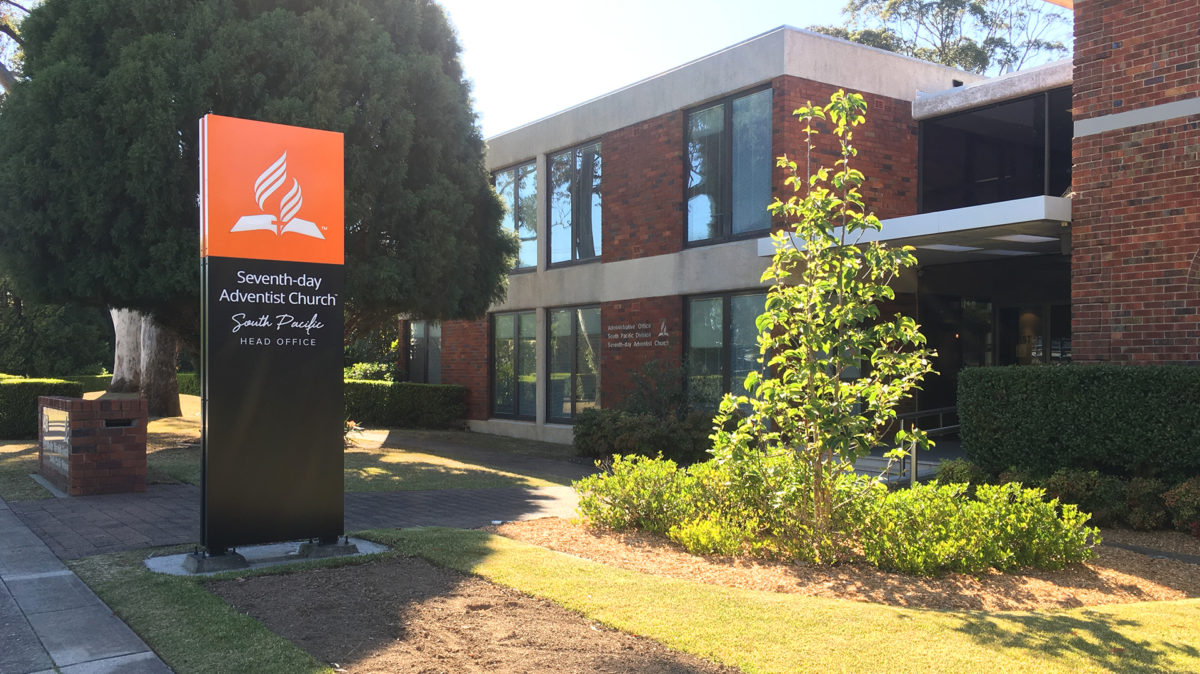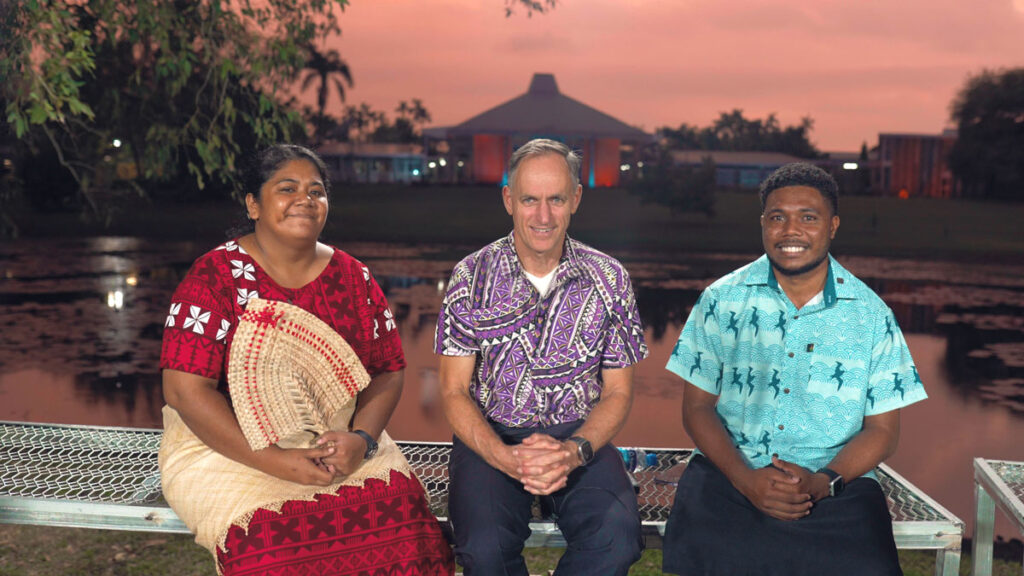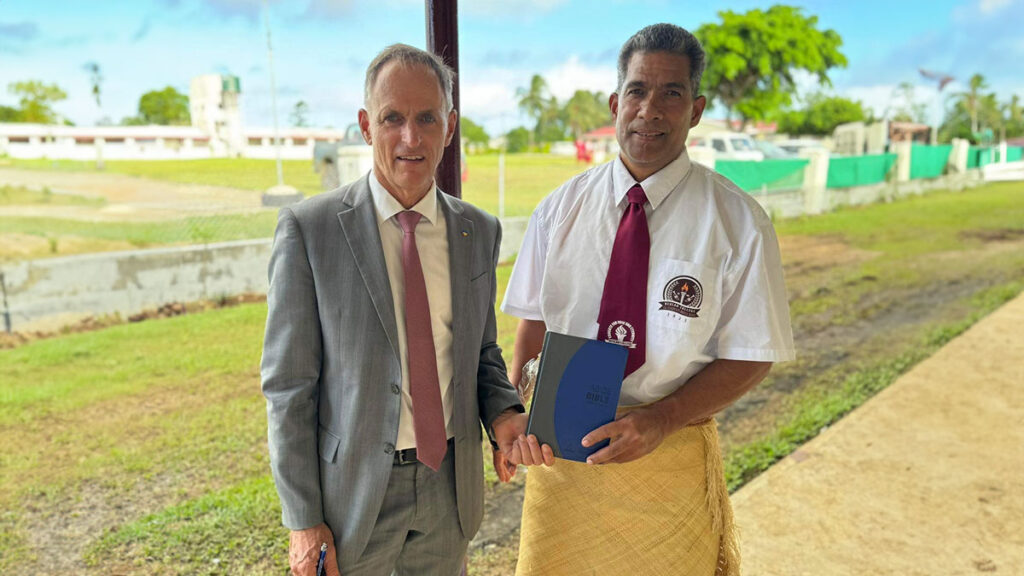The South Pacific Division’s support of women in ministry is within the General Conference policy and manuals and solidly based on the biblical beliefs of the Seventh-day Adventist Church.
Throughout the unions of the SPD, theologically-trained women are employed in a number of pastoral ministry positions. Many of our members attest to the wonderful, competent and Christ-like women pastors who are leading their congregations.
Currently, women pastors account for 8 per cent in the Australian Union Conference, 5 per cent in the New Zealand Pacific Union Conference, 3 per cent in the Papua New Guinea Union Mission and 4 per cent in the Trans Pacific Union Mission. Others are also employed as departmental directors and administrators.1
At the recent year-end meetings of the SPD, actions were again taken to advocate for the recognition of women in ministry and also the need to have an appropriate system to manage compliance with decisions, policies and procedures within the Church organisation. Concern was also expressed that the changes to the existing compliance policies and processes challenge the Adventist theology of church, the principles of governance and provide serious constitutional issues for the Church organisations in this Division.
In the last 50 years, various actions have been taken by the world Church to empower women in ministry. These actions include:
- Approval to ordain women elders2
- Approval to commission women pastors3
Commissioning of women pastors gave them the rights of male pastors—except to officially form a church, to unite churches or to ordain church elders and deacons.
The SPD’s position has also been guided by the following General Conference publications:
- The Church Manual advises that ordained/commissioned pastors conduct various engagements.4
- The Ministers’ Handbook outlines the processes for recognising men to be ordained and women to be commissioned.5
- The Elder’s Handbook does not specify gender as criteria for selection.
Where conferences/missions or Division institutions, such as Avondale College or Sydney Adventist Hospital, have recognised women, the appropriate services have been conducted in line with the principles outlined in these documents.
These actions of the global Church recognise that the Holy Spirit motivates and gifts the lives of all believers. Women have played an important part in God’s plan of salvation throughout the Scriptures. This continues in ministry today.
It is true that the plan of salvation in the Old Testament focused on the priesthood. However, this priesthood was not an end in itself. It foreshadowed the better ministry of Jesus in the new and better covenant. This radically expands the nature and function of the earthly priesthood. Thus Jesus’ ministry, along with ongoing ministry under the guidance of His appointed successor—the Holy Spirit—became the model for Christian ministry. In this ministry:
- There are varieties of gifts, but the same Spirit, varieties of ministries and the same Lord, and varieties of effects, but the same God who works all things in all persons. But to each one is given the manifestation of the Spirit for the common good (1 Corinthians 12: 4-7).
- The same Spirit works all these things, distributing to each one individually just as He (God) wills (1 Corinthians 12:11).
- To each of us grace was given according to the measure of Christ’s gift (Ephesians 4:7).
- There is neither Jew not Greek, slave nor free, male nor female, because we are all one in Christ (Galatians 3:28).
- You (we) are the body of Christ and individually members of it (1 Corinthians 12:27).
- You (we) also, as living stones, are being built up as a spiritual house for a holy priesthood, to offer up spiritual sacrifices acceptable to God through Jesus Christ (1 Peter 2:5).
Seventh-day Adventists, on the basis of their prophetic self-understanding, affirm the above biblical concepts, also embraced and advocated by the Reformation. We, both as believers and elders/overseers (pastors), and as men and women, apply these principles in ministry today.
The SPD is committed to continue to work with the General Conference on resolving these concerns. We request our members to uphold all our leaders in prayer at this time as these issues are addressed.
No entity within the SPD is working outside of GC policy in how it encourages women in ministry. However the SPD Executive would like the remaining differences between men and women in ministry removed so all—women and men— can fulfil Joel’s prophecy that both women and men will receive the power of the Holy Spirit to lead in the last day disciple-making movement.
Drs Stephen Currow and Danijela Schubert are Ministerial Association secretary and Discipleship Ministries team member (Women in Ministry), respectively, for the South Pacific Division.






